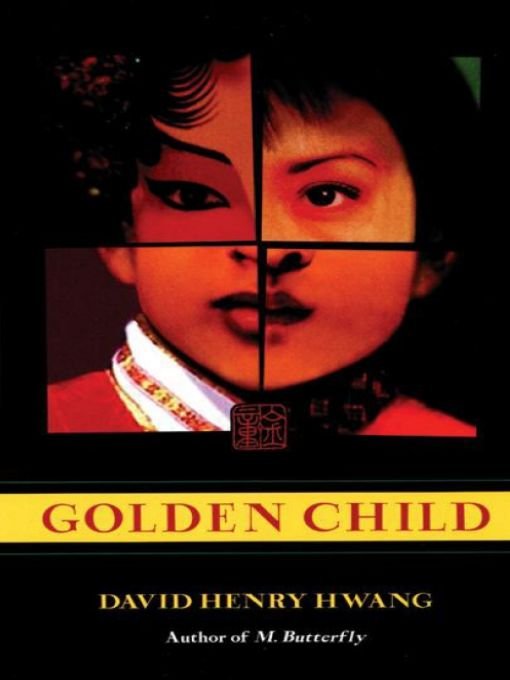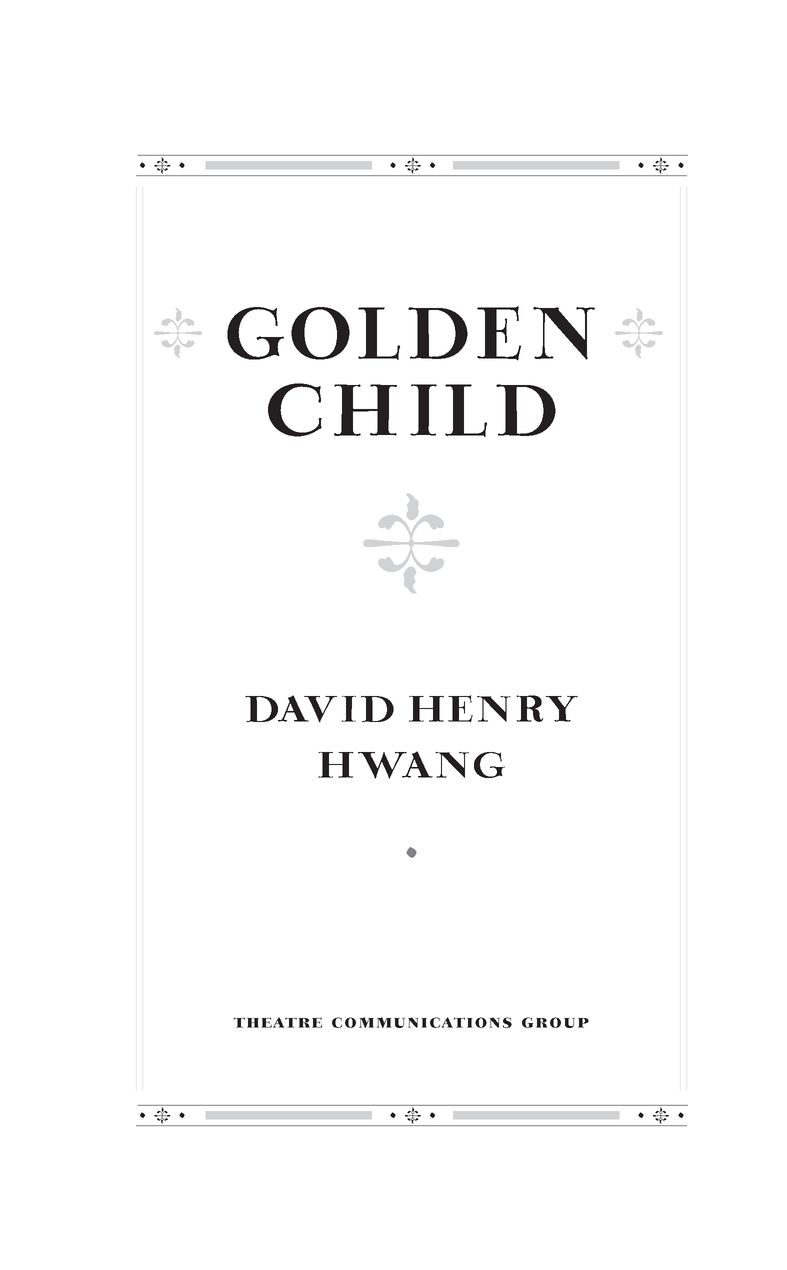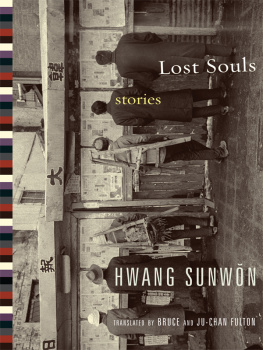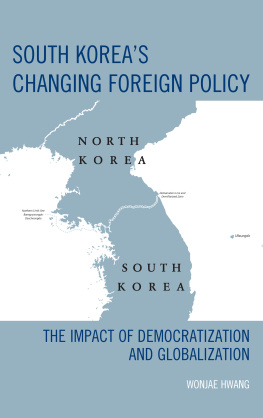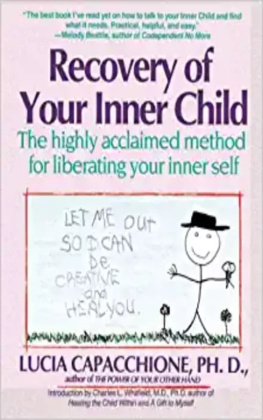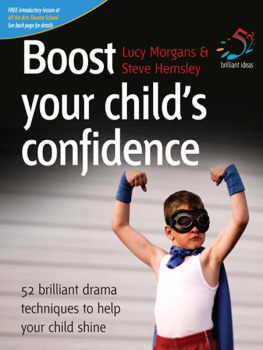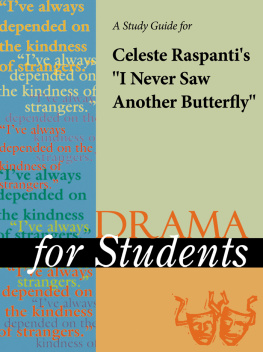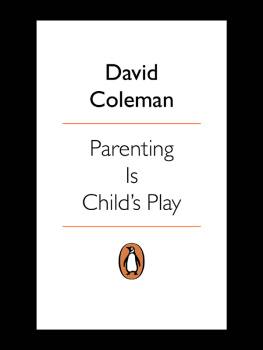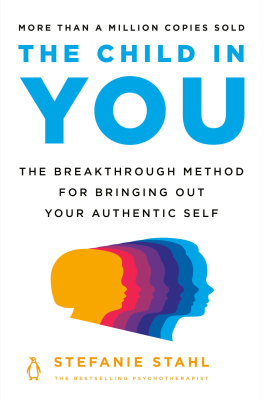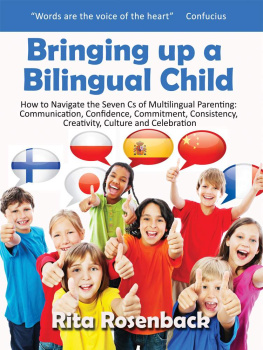Table of Contents
BRINGING UP CHILD
Each play defines its own journey toward completion. Some emerge relatively complete, needing only a few nips and tucks before going out to face the world. Some are problem children who, despite all efforts, never seem to find themselves. The Broadway opening of my most recent show, Golden Child, represents the culmination of an unusual voyage, one which began germinating thirty years ago in the mind of a ten-year-old child.
Golden Child is inspired by the story of my great-grandfather, who converted to Christianity in China around the turn of the century. The play reimagines the wrenching changes he set into motion, which forever changed the world of his three wives (Chinese society of that era was polygamous) and one of his daughters. That daughter is based on my maternal grandmother. Decades after the world of Golden Child had passed into history, when I was a ten-year-old American boy, that same grandmother fell gravely ill. I knew her as the only person of her generation who remembered our family history, and I feared that with her passing, the lore of our ancestors would be lost. As an American boy, growing up in Southern California, these stories somehow seemed very important to me, so I asked my parents if I could spend my summer vacation in the city of Cebu in the Philippines, where she was living at the time. They agreed, and I embarked with my Ama upon the collection of what we might now call oral histories. When I returned to Los Angeles, I compiled the tape-recorded information into a ninety-page novel on the history of my family, which I titled Only Three Generations, after the Chinese proverb: The wealth of a Chinese family lasts only three generations. This document was duly Xeroxed and distributed to my relatives, who showered it with excellent reviews.
Almost three decades later, in early 1995, I returned to my manuscript as a middle-aged man, and began to collaborate with my ten-year-old self to create a new play. At ten, could I have known that my adult self would one day return to this work? Probably not. But something at that young age did compel me to record these stories, to ensure that my life as an American would exist in a context more real and human than the Charlie Chans or Fu Manchus I saw on television or in the movies.
My first draft of Golden Child was completed that June. Several months later, I heard the piece read for the first time at South Coast Repertory in Costa Mesa, California, which had commissioned the work. I learned that, though the germ of a good play lay somewhere within, the text was too wordy. Furthermore, its structure, which juxtaposed scenes of pre-Revolutionary China with monologues by a contemporary figure recounting memories of his grandmother, felt awkward and unwieldy. The impact of the Chinese scenes vastly outweighed that of the contemporary characters speeches.
In the summer of 1996, I workshopped Golden Child in Breadloaf, Vermont, the summer home of Providences Trinity Repertory Company, where I am Artist-in-Residence under the Pew/TCG National Artist Residency Program. Working with actors (including Tsai Chin and Julyana Soelistyo, who have remained on this journey since its inception), I pared down the contemporary monologues and hacked away at the excess dialogue.
South Coast Repertory agreed to present Golden Child as a co-production with The Joseph Papp Public Theater/New York Shakespeare Festival, which had premiered my first four plays under the leadership of the late Joseph Papp. During rehearsals at the Public, in the fall of 1996, I came to rely on the unerring theatrical instincts of director James Lapine, a Tony Award- and Pulitzer Prize-winning author himself, who contributed ideas for some of the plays best moments, and whose notes, I conceded to my growing irritation, were almost always correct. We added scenes, turned the contemporary monologues into a framing device for the central historical story and continued to trim excess verbiage.
Golden Child opened at the Public to mixed-to-favorable reviews. Producer Benjamin Mordecai stepped in and encouraged us to continue working on the play, culling whatever we found useful from the notices, with an eye toward bringing the show to Broadway. For the plays next incarnation, again at South Coast Repertory, James and I turned the contemporary monologues into short bookend scenes and worked on replacing historical explanation with dramatic action. In search of these moments, I returned to my original text and came upon a scene involving my great-grandfathers decision to unbind my grandmothers feet, reversing a centuries-old tradition which had turned women into cripples in the name of feminine beauty. Such a moment had only been talked about but not dramatized in the Public production.
Suddenly, Tiong-Yee stomped over to his eldest daughter and ripped the bindings off her feet. His wife lowered her head and answered in as straight a tone as she could manage, Dont you care about your daughters? Dont you want them to marry someday? No person of fine class would marry a girl whose feet are not bound. You must bind the feet of girls so that they will not grow, and they shall be pretty with their tiny new feet.
Tiong-Yees rebuttal was strong: This is a new century. These are new times. My daughters will be educatedthey will go to school, learn to read and write, just like a manmaybe even go to college. I have seen many things in my trips over the seas. I have talked to and even made friends with these white Western people. The times are changingeven you will see one day. Is that clear?
As a child, such courage on the part of my great-grandfather seemed natural and uncomplicated. As an adult, however, I could not help but reflect upon the ambivalence he must have felt in breaking with tradition, knowing he was risking the future of his children, and would be criticized for his actions. In a beautiful sequence suggested by James, Tiong-Yee (renamed Tieng-Bin in the play) must struggle with his senior wife, and then with the ghosts of his own ancestors, in order to unbind the feet of his daughters.
At the plays next stop, Washington, D.C.s Kennedy Center, we perhaps misstepped. The tone of Golden Child ranges from humorous to tragic. James had long stressed to me the importance of striking a balance in which the comedy does not compromise the shows more serious conclusion. I, however, had consistently pushed him to emphasize the laughs, and at this venue I got my wish. The result was too glib and shallow, our second-act tribulations unearned. Our producers decided to postpone our return to New York until the following season.
The entire time we worked on the play, I questioned whether I, an American, could authentically recreate the world of Old China. Several of my earlier works had been staged in the island republic of Singapore, one of the few places in Asia where an English-language work can reach a large native audience. I liked the idea of a Broadway-bound work trying-out in Asia rather than a more conventional American or English venue. In December 1997, we began rehearsals for a stop at the Singapore Repertory Theatre, the next leg on our final push toward Broadway. In the interim, I had rethought the character of the male patriarch as an older man, whose decision to change would be more difficult, and whose fall might carry greater weight. With this in mind, we recast several roles to assemble our Broadway-bound cast, which now included the great classical actor Randall Duk Kim, with whom I had wanted to work all my life.

